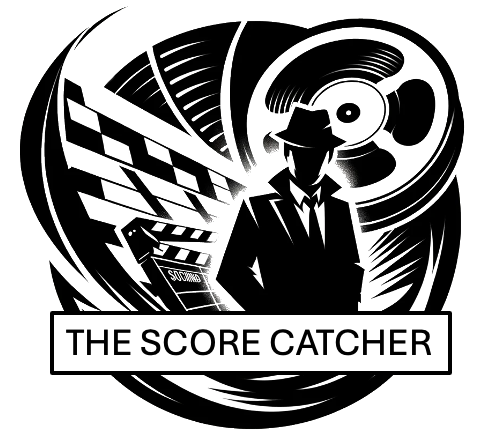Friday, 2pm, Rewind TV
Frank Oz's The Little Shop of Horrors (1986) is a dazzling fusion of campy horror, dark comedy, and infectious musicality. Based on the 1960 Roger Corman B-movie and Alan Menken and Howard Ashman’s stage musical, the film blends the absurd with the endearing, setting up shop in a grimy corner of 1960s urban decay. The story follows Seymour, a hapless flower shop worker, whose discovery of a bloodthirsty, sentient plant named Audrey II leads to chaos and carnage. What elevates The Little Shop of Horrors from its kitschy premise is its theatrical flair, a reflection of Menken and Ashman’s genius for show-stopping numbers that push the narrative forward with sharp wit and irresistible melody.

The soundtrack is a masterclass in genre-blending, bouncing between Motown, doo-wop, and Broadway-style show tunes with an edge of menace that perfectly complements the film's tone. Tracks like "Skid Row (Downtown)" paint a vivid picture of urban hopelessness, using layered vocals and melancholic undertones to establish a world where escape feels impossible. Yet, it’s songs like "Suddenly, Seymour" that inject the story with earnest heart, a romantic duet that grounds the absurdity in emotional reality. The powerhouse number "Feed Me (Git It)," sung by Levi Stubbs as Audrey II, is arguably the film's musical and thematic highlight, combining funk-infused grooves with menacing humor, as the carnivorous plant demands human sacrifices in exchange for Seymour’s success.
The soundtrack not only drives the narrative but also amplifies the film’s ironic commentary on consumerism and ambition. Audrey II’s insatiable hunger becomes a twisted metaphor for capitalist greed, its temptations mirrored in the catchy, sinister allure of each song. With Menken’s dynamic compositions and Ashman’s razor-sharp lyrics, The Little Shop of Horrors stands as both an entertaining romp and a subtle critique of the price one pays for success in a cutthroat world.
